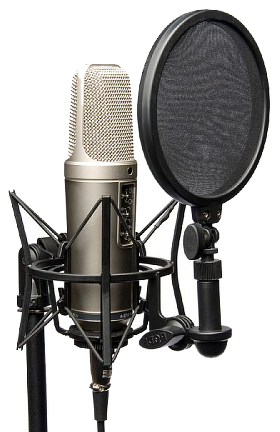ABOUT ACTORSINSITE
____
ActorsInsite connects you to top Industry Pros who watch your demo reel or self tape and give you advice on how to improve your cast-ability! It's like an acting workshop, but all on line. Be seen by successful CDs, agents and managers, establish new relationships, and put yourself in the best position to move your career to the next level.
It's easy, affordable, and very effective. Get on their radar with ActorsInsite!

